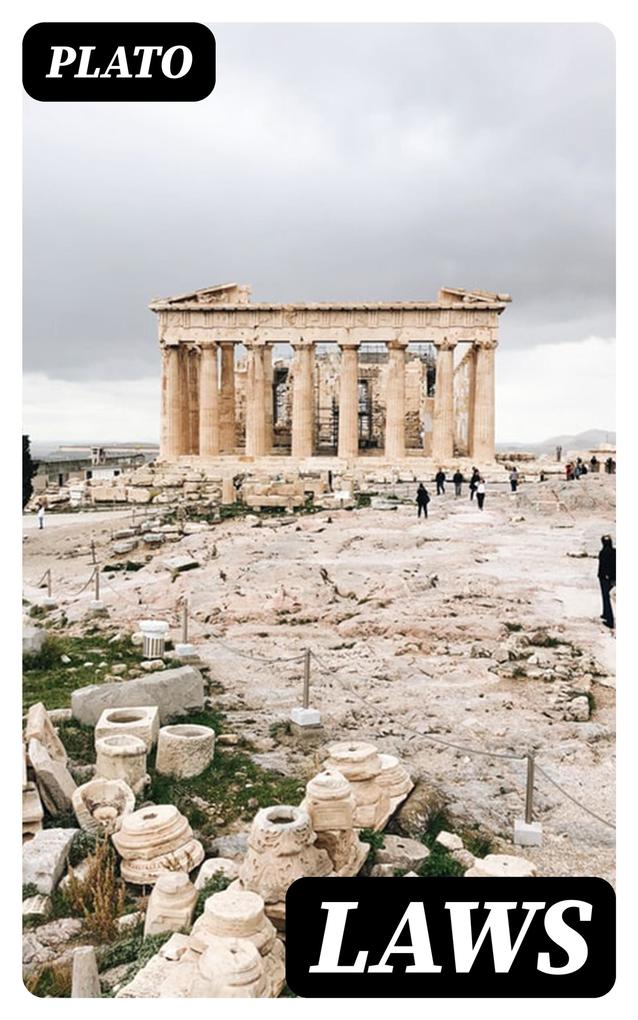
Sofort lieferbar (Download)
Plato's 'Laws' is a comprehensive dialogue that delves into the complex topic of legal and political theory. Written in the form of a conversation among key characters, the book explores the ideal legal system and its role in maintaining a just society. This work showcases Plato's philosophical insights on governance, morality, and societal harmony, making it a cornerstone of political philosophy. The book is characterized by its thorough analysis, rigorous argumentation, and thought-provoking ideas, which continue to resonate with readers today. 'Laws' serves as a significant contribution to the Western philosophical tradition, offering valuable perspectives on governance and ethics. Plato, an influential ancient Greek philosopher, was deeply engaged in questions of justice, knowledge, and the nature of reality. His dialogues, including 'Laws,' reflect his intellectual curiosity and commitment to seeking truth and wisdom. Plato's own experiences living in a tumultuous political climate likely inspired his exploration of political theory and the ideal state. I highly recommend 'Laws' to readers interested in political philosophy, ethics, and classical literature. Plato's profound insights and compelling arguments make this book essential reading for anyone seeking a deeper understanding of justice and governance in society.
Produktdetails
Erscheinungsdatum
28. Mai 2022
Sprache
englisch
Seitenanzahl
577
Dateigröße
0,94 MB
Autor/Autorin
Plato
Übersetzung
Benjamin Jowett
Verlag/Hersteller
Kopierschutz
mit Wasserzeichen versehen
Family Sharing
Ja
Produktart
EBOOK
Dateiformat
EPUB
ISBN
8596547026365
Entdecken Sie mehr
Bewertungen
0 Bewertungen
Es wurden noch keine Bewertungen abgegeben. Schreiben Sie die erste Bewertung zu "Laws" und helfen Sie damit anderen bei der Kaufentscheidung.









